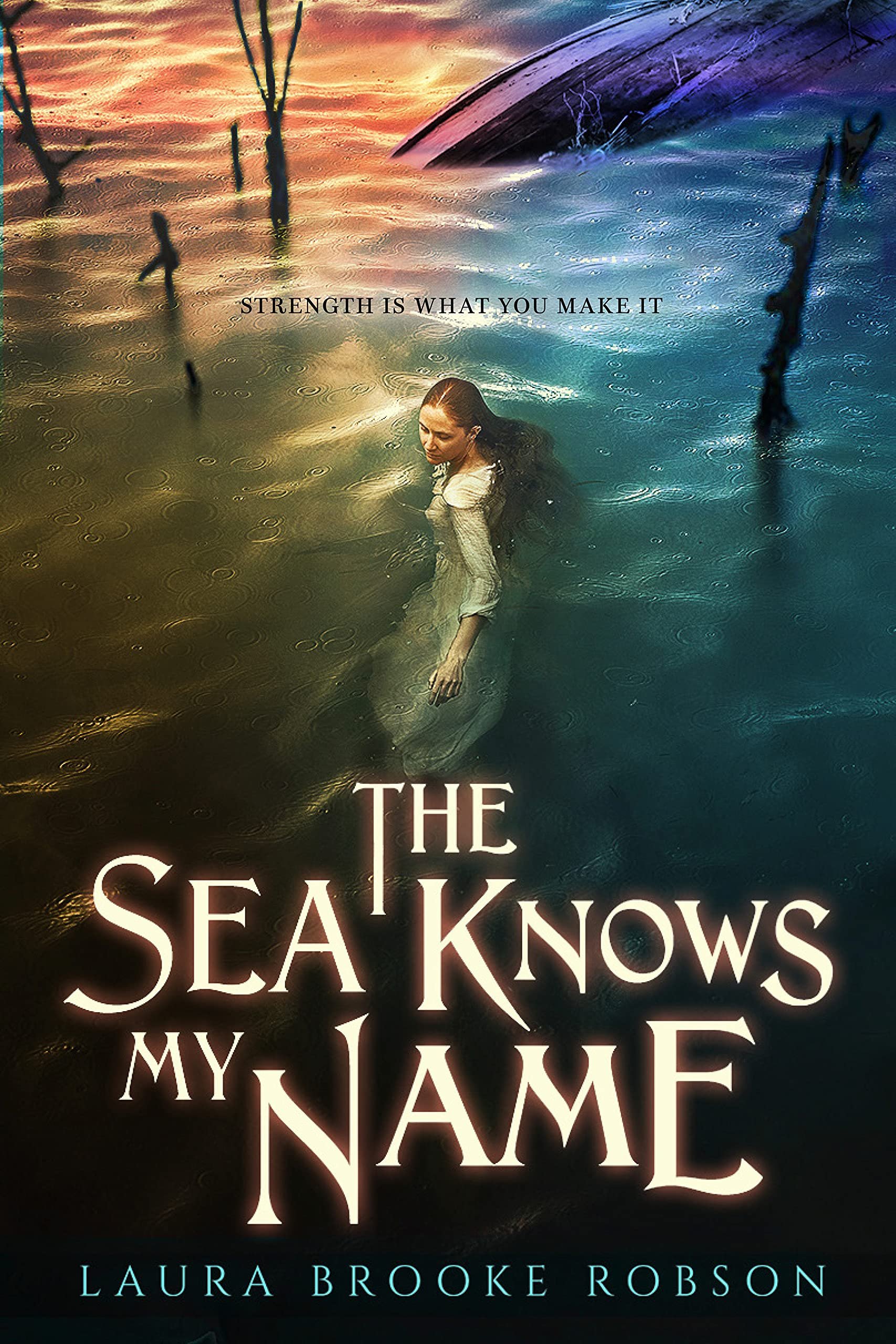Four drafts and hundreds of thousands of words into Girls at the Edge of the World, the book that would become my debut novel, my editor included the following question in her feedback:
"What is this book about?"
A good question. Not that I thought so at the time.
She wasn't asking me what the plot was or if I'd done a birth chart for my main characters. She meant: "If you die tomorrow and no one ever gets the chance to read this book, what's the thing you'll most mourn not having had the chance to communicate?" Four drafts in, I still wasn't sure why, exactly, I'd written the book. I had vague notions: Because I wanted to. Because it seemed like a fun little world with some fun little characters. Because it gave me space to explore my identity, my prose, my sense of humor. It was, ultimately, more a book about me than any imagined reader. I hadn't considered how it would live in conversation with other books.
This is an excellent method to not stand out in the crowded YA fantasy market.
I'm going to give a spoiler alert here and let you know that my next round of edits was a lot better, and (in my opinion!) the final novel was fairly original. But I tackled this more thoughtfully while writing my second book.
When drafting The Sea Knows My Name, I asked myself constantly: What is this book about?
I knew I wanted to write a book about pirates. But why pirates? Well, because they seemed fun. Tough and cool and strong. Which begged the question: Why did I want a main character who was “tough and cool and strong”? Did I conflate those three things?
Yes, I did. When I tried to think up a good main character, I immediately imagined someone physically strong. Someone stoic and unflappable and good with a sword. Someone with very little in common with me—now or when I was a teenager. Once I’d identified this instinct, I stopped trying to write that main character and instead started writing someone who desperately wanted to be that main character, even though she was forever falling short. Enter, Thea: the sensitive and empathetic daughter of a self-made pirate queen. What began as a story about pirates became a deconstruction of the “strong female heroine” trope, and an investigation into how we are shaped by stories.
Every time I had to make a decision about the book, I asked myself these questions: Why am I trying to tell this story? How do I want the reader to react? What is this book about? It forced me to dig deeply into the cliches and archetypes within YA fantasy and consider why I defaulted to certain thinking patterns. The strong female heroine. The Byronic and scholarly love interest. The grieving mother. When you confront your decision-making processes, you find nuance. When you find nuance, you create a book that can better deconstruct tropes, resonate with readers, and stand out in the marketplace.
This is not to say you shouldn't include a scholarly love interest (I do love a scholarly love interest), or any other mainstay of YA fantasy. But ask yourself why you love the tropes you love and why you hate the tropes you hate. Think about why you want to write this story and imagine how it will resonate with readers. Ultimately, agents and editors aren't looking for some secret formula (as much as I wish I could tell you mermaids + enemies to lovers = NYT bestseller). They're looking to feel something. And a story that is thoughtful, emotional, and sincere will always stand out.
Laura Brooke Robson grew up in Bend, Oregon and moved to California to study English at Stanford University. She currently lives in Melbourne, Australia, where she enjoys drinking too much coffee and swimming in places she's probably not supposed to swim.


